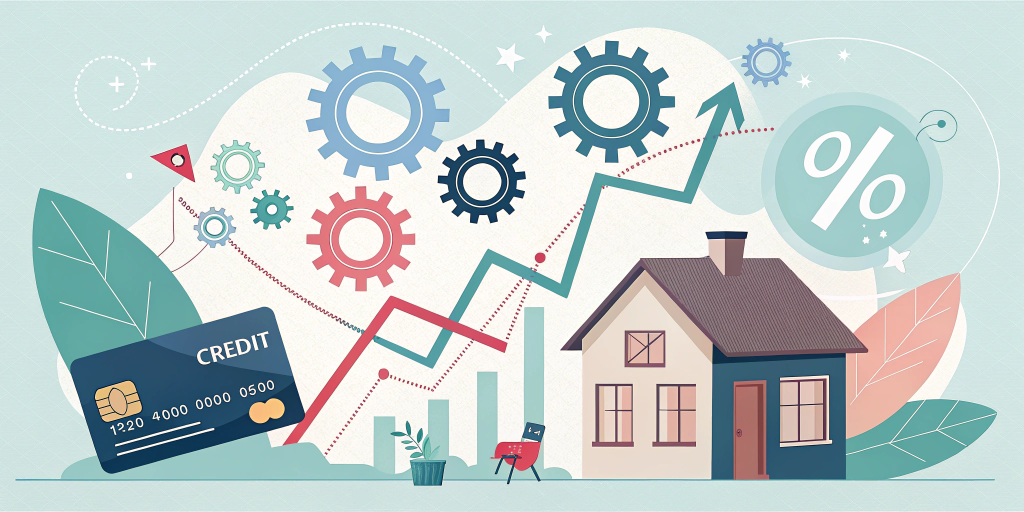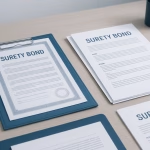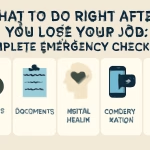What is a credit check? You need to know this. Credit checks help people trust you with money. Banks, landlords, and other companies use them. They show if you pay bills on time.
Credit checks matter in daily life. Want to rent a home? You need good credit. Want a car loan? You need good credit. Even phone plans check your credit.
This guide will help you. We’ll explain credit checks simply. You’ll learn how to get them. You’ll learn how to use them well.
What Are Credit Checks?
They are reports about your money habits. Think of them like a report card. But instead of grades, they show how you handle money.
These reports track many things. Do you pay loans back? Do you pay credit cards on time? Have you ever missed payments? Companies like Equifax keep track of this info.
Credit checks aren’t just numbers. They can include other things too. Like proof you own a car or house. Or letters where people say you’re trustworthy.
All this info helps others decide about you. Should they lend you money? Should they rent to you? Good credit checks make these choices easier.
Why Credit Checks Matter
They help with big money choices. Banks use them to approve loans. They also set your interest rate. Good credit means lower rates. Bad credit means higher rates.
Landlords check credit too. They want to know you’ll pay rent. About 60% of landlords say credit is very important. It helps them pick good tenants.
Utility companies also check credit. Companies for water, power, and internet do this. Good credit can mean lower deposits. It can also mean better service terms.
Credit checks open doors. They help you get loans easier. They save you money on interest. They help you get housing and services.
Three Types of Credit Checks
Credit Reports are the main type. These show your full money history. They list all your debts. They show if you pay on time. They show any missed payments. Three big companies make these reports: Equifax, Experian, and TransUnion.
Asset Papers are another type. These prove you own valuable things. Like your house, car, or savings. Banks like to see these. They show you have backup money or items to sell if needed.
Character Letters are the third type. These are notes from people who know you. Your boss might write one. Your old landlord might too. They say you’re honest and reliable. These help when you don’t have much credit history yet.
Each type shows something different about you. Together, they paint a full picture. This helps others make smart choices about working with you.
When You Need Credit Checks
They come up in many situations. Here are the most common times:
Renting a Home is the biggest one. Most landlords want to see your credit. They want to know you’ll pay rent on time. Good credit makes your application stronger. This is extra important in busy rental markets.
Getting Loans is another big time. This includes home loans, car loans, and personal loans. Banks use credit to decide if they’ll lend to you. They also use it to set your interest rate. Better credit means better loan terms.
Setting Up Utilities is a third time. Water, electric, and internet companies often check credit. They want to know if you pay bills on time. Good credit can mean lower deposits. It can also mean better service plans.
In all these cases, good credit helps a lot. It makes processes smoother. It gets you better terms and rates.
How to Get a Credit Letter
It takes some work, but it’s doable. Here’s how to do it step by step:
First, pick the right person to ask. This could be your bank. It could be an old landlord. It could be your boss if they know about your money habits.
Next, ask nicely. Write a clear email or letter. Explain why you need the credit letter. Tell them any deadlines you have.
Then, give them what they need. Share any helpful documents. This might include your credit report. It might include proof of payments you’ve made. The more info you give, the better letter they can write.
Last, follow up if needed. If you don’t hear back in a week, send a polite reminder. Most people are busy and might forget.
What Should Go in the Letter
Here are the key things:
Your basic info should be first. This means your full name and contact info. It should also have a short note about why you’re reliable with money.
The purpose should be clear. Explain why you need this letter. Is it for renting? For a loan? For utilities? Be specific.
Your money history should be included. This means info about your account with them. How long have you had it? Have you paid on time? Have you done anything impressive with money?
Contact info for the letter writer should be there too. The person getting your letter might want to call and check. Make this easy for them.
A good, detailed letter helps you a lot. It should be clear and well organized.
Tips for Good Credit Letters
Here are some tips that really work:
Build good relationships first. Be nice to your bank workers. Be a good tenant. Be reliable at work. People who trust you will write better letters.
Talk clearly when you ask. Be direct about what you need. Give all the details upfront. This makes it easier for people to help you.
Follow up the right way. People are busy and might forget. A polite reminder is okay. But don’t be pushy or rude.
These steps make it much more likely you’ll get a great letter.
Mistakes to Avoid
Here are the most common problems:
Don’t give incomplete info. Missing details slow things down. They can also make your letter less helpful. Always double-check what you’re sending.
Don’t ask the wrong person. Pick someone who really knows your money habits. A letter from someone who barely knows you won’t help much.
Don’t ignore timing. Old letters might not show your current situation. Always try to get recent info that shows how you are now.
Avoiding these mistakes helps you get letters that really help.
Sample Credit Letter Template
Here’s a simple template you can use:
text
[Your Name]
[Your Address]
[Your Phone]
[Your Email]
[Date]
[Person Writing Letter’s Name]
[Their Job Title]
[Their Company]
[Their Address]
Dear [Their Name],
I need a credit letter for [reason – renting, loan, etc.]. I have been your customer for [time period]. I have always paid on time and been responsible with money.
Please write a letter about my good payment history. Include any other details that show I’m reliable with money. I’ve attached my recent credit report for your review.
Please call me if you need more info. Thank you for your help.
Sincerely,
[Your Name]
This template works well. You can change it to fit your situation.
Real Examples
Real examples help you understand better. Here are two common situations:
Example 1: A young person wants to rent their first apartment. The landlord asks for credit info. The person gets a letter from their bank and previous landlord. This shows they pay bills on time. The landlord feels good about renting to them.
Example 2: Someone wants a personal loan. They get a detailed credit letter. This helps the bank see they’re responsible. The bank approves the loan with a good interest rate.
In both cases, good credit letters made the difference.
Best Practices
How do you use credit letters well? Here are the best practices:
Match your letter to the situation. Different situations need different info. For renting, focus on paying bills on time. For loans, focus on overall money responsibility.
Keep your letters current. Old letters might not show your current situation. Update them regularly, especially before big financial applications.
Be honest with people writing letters. Tell them why you need the letter. Share any changes in your situation. Honesty builds trust and gets you better letters.
These practices keep your credit letters useful and effective.
Final Thoughts
Credit checks are key tools in today’s money world. They show your past money behavior. They also open doors to future opportunities. Whether you want to rent a home, get a loan, or set up utilities, good credit helps.
The process starts with understanding the different types. Credit reports show your full history. Asset papers prove what you own. Character letters show others trust you. Each type adds to the full picture of your money reliability.
Knowing when you need these checks helps you prepare. Rental applications, loan requests, and utility setups all use them. Being ready makes these processes much smoother.
Getting a credit letter follows clear steps. Pick the right person. Ask nicely. Give them what they need. Follow up if needed. This process works when done right.
Good tips make a big difference. Build strong relationships. Talk clearly. Follow up the right way. These habits help you get positive letters.
Avoid common mistakes too. Don’t give incomplete info. Don’t ask the wrong person. Don’t let letters get too old. These mistakes can hurt your applications.
Real examples show how this works in practice. Whether it’s renting or getting loans, good credit letters make the process easier. They help you get better terms and faster approvals.
Using letters well is just as important as getting them. Match them to your situation. Keep them current. Be honest with letter writers. This approach builds a strong foundation for money success.
Credit checks might seem hard at first. But with careful attention and clear steps, they become reliable tools. They help guide you through important money decisions. From explaining why you need them to using them well, every step helps build a smoother, more confident money future.





